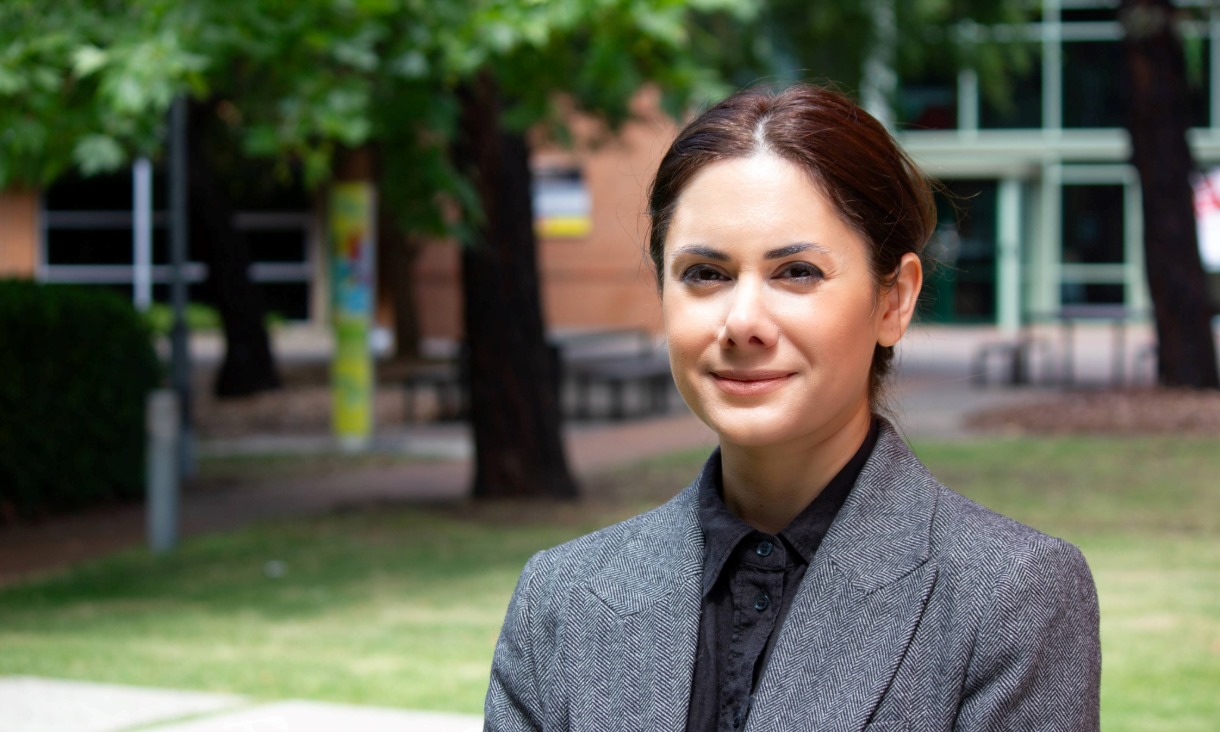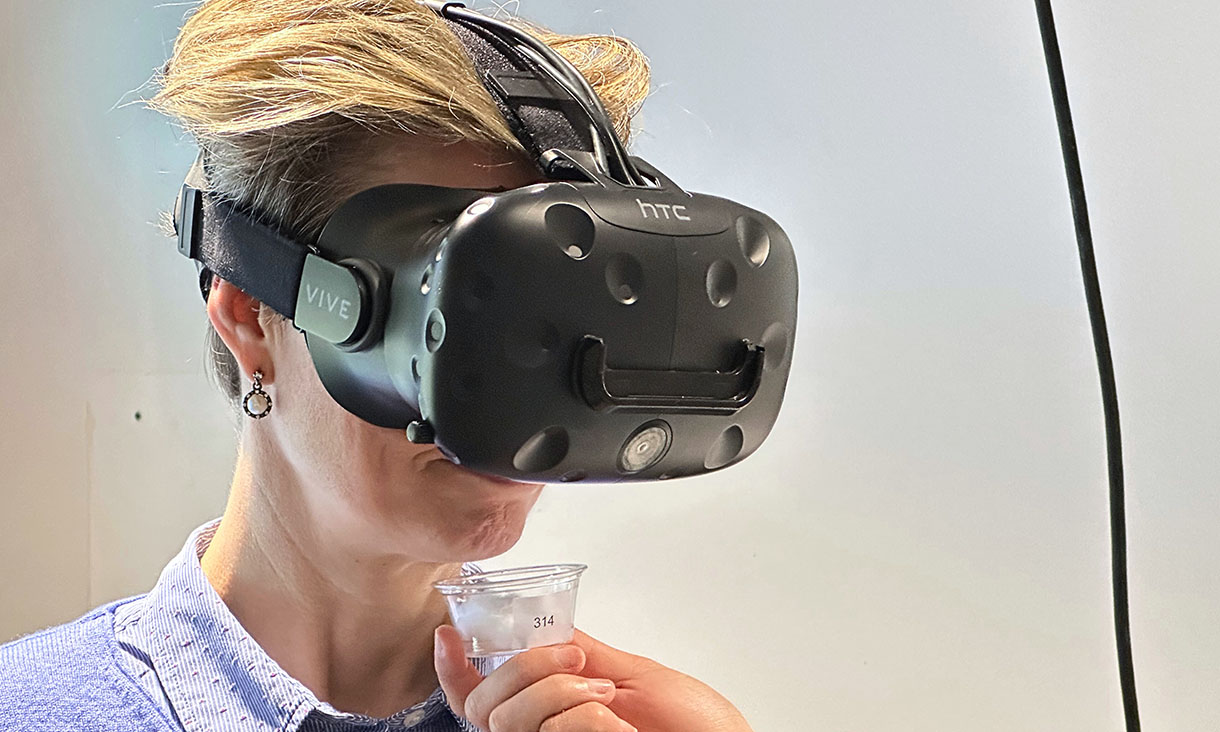Other key recommendations of the report include:
- students gain a ‘Learner Profile’ that incorporates not only their ATAR score where relevant, and individual subject results, but also captures the broader range of evidenced capabilities necessary for employment and active citizenship.
- re-packaging senior secondary certification requirements and the way learning is packaged so that students are not presented with just a choice between vocational or higher education pathways.
- a national approach to the use of micro-credentialing in schools that encourages senior secondary students to access high-quality, relevant courses developed by tertiary education and training providers, industry groups or employers.
- education authorities and industry bodies formalise their working relationship to facilitate industry engagement in senior secondary schooling.
RMIT’s Urban School offers personalised pathways from school to tertiary study that featured in the report as a case study. Located in the Melbourne CBD, the school gives secondary students an opportunity to blend VCE, Vocational Education and Higher Education subjects along with micro-credentials.
“We are proud that the RMIT Urban School’s core principles of student agency, inclusion, diversity and futures-oriented pathways that emphasise lifelong learning are emphasised in this report’s recommendations,” Tynan said.
“We also support the findings that single measurements of success and an over-emphasis on the importance of achieving a competitive ATAR are narrow and can limit opportunities for many of our young people and their future success.” “Our approach in the RMIT Urban School draws on contemporary evidence that illustrates there are many, equally valid ways to reach the same outcome of improving education, employment and life outcomes for students.”
The RMIT Urban School or ‘a school within a school’, demonstrates a successful model based upon student-centred, transformational learning that invites and enables young people to live consciously and purposefully in the world alongside evidence-based teaching practice.
“Our school represents a trial platform for learner profiles being used successfully for tertiary admission and the validation of broader, more innovative recognition of the learning achievements of young people,” she said.
“We offer senior secondary students the opportunity to build lifelong learning ‘passports’ that combine their interests, help them to find their passions, and allow for flexibility in trialling new subject areas and ways to apply their skills.
“Our students are guided in their decisions by a pathways co-ordinator and supported by careers and counselling advisors from RMIT.
“The ultimate aim is to have students build career knowledge and learning resilience through trial and understanding of skills, and to become ethical and informed architects for tomorrow's world.”
The Looking to the Future- Report of the Review of Senior Secondary Pathways into Work, Further Education and Training is available here.
Story: Kate Milkins





